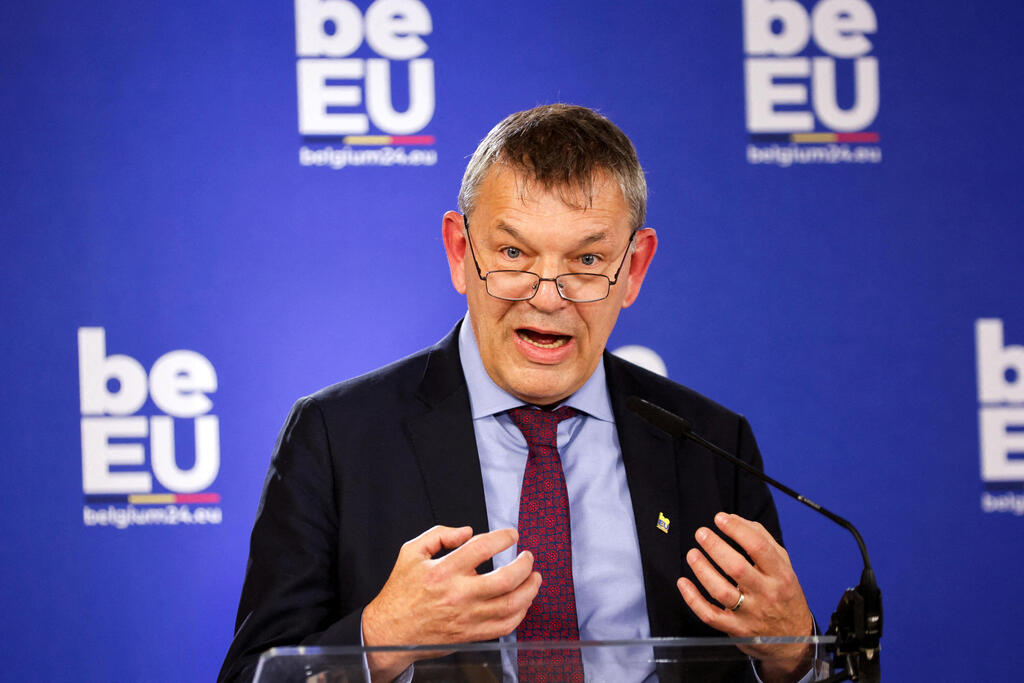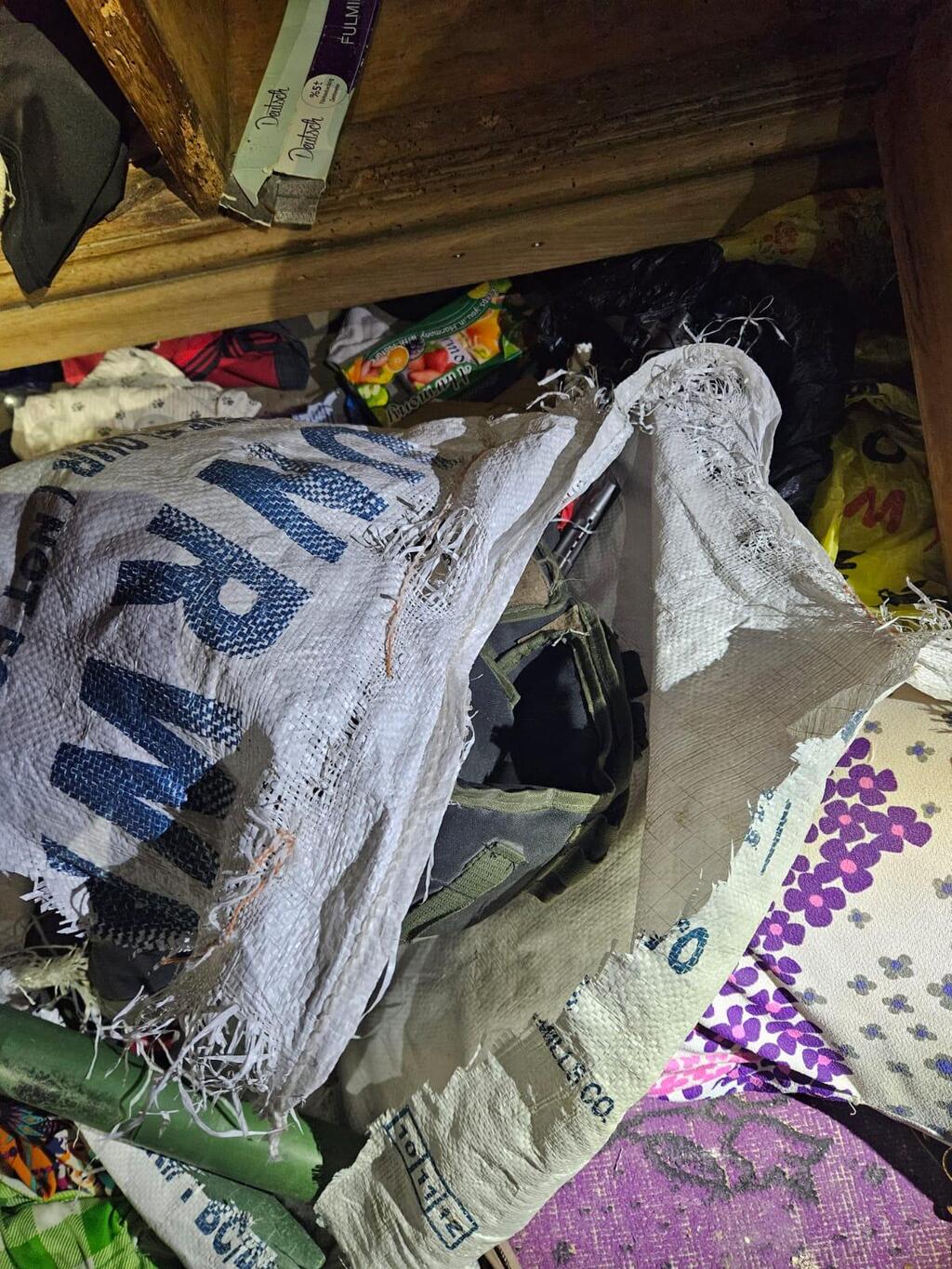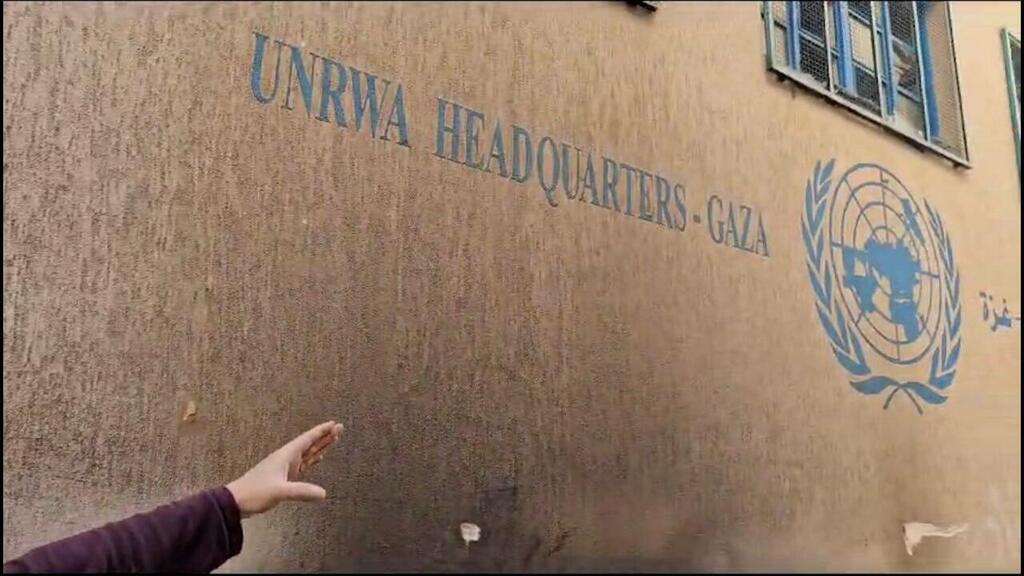Getting your Trinity Audio player ready...
Recently, allegations have surfaced questioning UNRWA’s intent in supporting the well-being of Palestinians. These concerns revolve around the allegations that more than 10% of UNRWA employees (making up 12,000 staff members) have direct ties to the genocidal terrorist group Hamas, along with other strong links to Islamic terrorist organizations.
UNRWA Commissioner-General Phillip Lazzarini acknowledged in an interview that the organization has employees with connections to Hamas, as the organization is heavily integrated into the society of the Gazan population. Hamas ties to UNRWA were found after the October 7 massacre, with the discovery of UNRWA headquarters within the tunnels Hamas built in Gaza specifically for terrorist activities.
Despite no tunnel access from UNRWA facilities, the Israel Defense Forces (IDF) said the tunnel's proximity to the surface should have been detectable, questioning the security and legitimacy of the organization's motives. While UNRWA does have heavy ties to terrorist activities, Palestinian activists argue that the organization remains essential for the livelihood of Palestinians, especially during military operations and infrastructural destruction amidst war.
Palestinian advocates stress the importance of looking at the broader humanitarian impact the organization has, like providing basic necessities such as food, water, and shelter. Additionally, they have claimed that Israel lacks solid evidence, as the information about UNRWA employees is based on smartphone intercepts, as well as identity cards, and calls for a more “fair” investigation behind the allegations. This is not the first time UNRWA has been under fire for lacking credibility behind their cause of supposedly assisting Palestinian civilians.
Over a decade ago, a UN legal officer suspected some UNRWA employees were members of the genocidal terrorist regime Hamas and was faced with death threats and live grenades thrown into his office. Israel argues this response has been systemic and has not been addressed to root out individuals with ties to terrorism. This way, there are no concerns about the organization's legitimacy, as most allegations have been dealt with in private.
According to UNRWA’s Commissioner, workers tied to Hamas have either been terminated or have left the agency. However, aid experts claim it is impossible for UNRWA to fully rid itself of Hamas due to the manner and methods in which it operates. Palestinian advocates talk about UNRWA's reliance on international support from certain countries such as Belgium, Ireland, Luxembourg, Slovenia, Spain, and Norway, which help sustain its operations.
5 View gallery
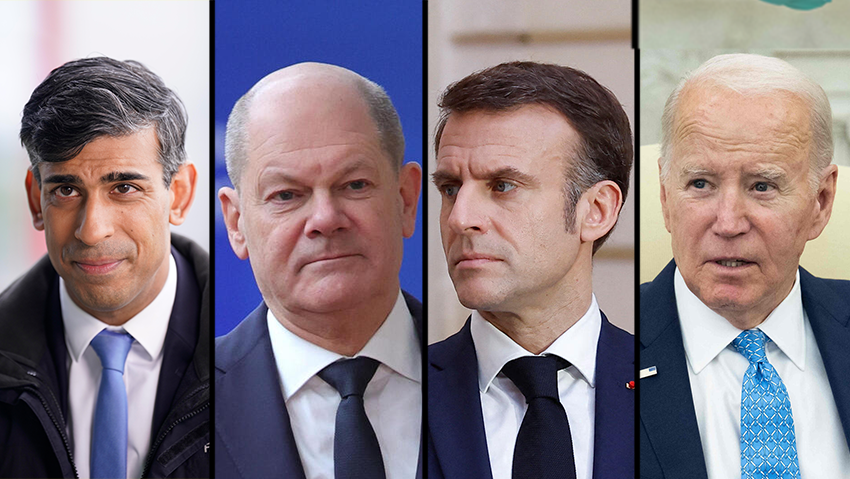

UNRWA is dependent on major donors such as US, France, Germany and Britain
(Photo: EPA/OLIVIER MATTHYS, gettyimages Danny Lawson, SAUL LOEB AFP, Reuters YOAN VALAT)
While government contributions to UNRWA are voluntary, advocates emphasize the ethical responsibility governments have to help during the crisis, especially amidst war. However, many governments such as the United States, United Kingdom, Germany, and many more making up a total of 16 donor countries, have now suspended contributing funds to UNRWA due to the unfolding allegations. Palestinian advocates criticize the suspension of funding to UNRWA while Israel continues to receive military funding.
Recently, Sweden and Canada have decided to resume funding to UNRWA after halting it for a short period. This change of decision was made to reflect the urgent need for humanitarian aid to Gaza. The decision to resume funding further demonstrates that UNRWA does not plan on taking any responsibility for maintaining the continuous oppression of Palestinian civilians and the terrorist ties that facilitated the October 7 attack. With UNRWA continuing to operate, not only are we strengthening the political structures that are maintaining the Israel- Palestine conflict, but we also risk additional funding being mismanaged and diverted for terrorist purposes.
5 View gallery
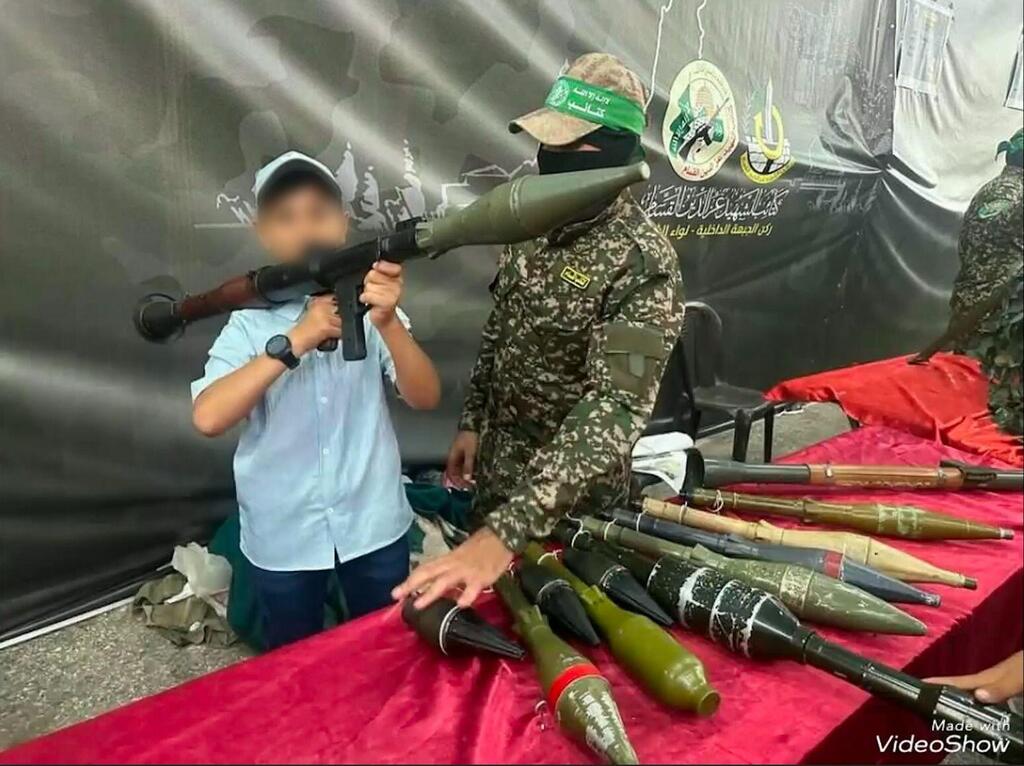

Hamas and Islamic Jihad using children for military purposes
(Photo: IDF Spokesperson's Unit)
UNRWA’s involvement in the Palestinian education sector has also played a major role over the years. The curriculum is heavily criticized for dehumanizing Israelis and Jews, glorifying violence, and neglecting to see Israel as a sovereign state, which damages any hope in building lasting peace between Israelis and Palestinians.
The main purpose of UNRWA was to provide short-term Palestinian refugee relief after the Nakba for only a year. However, Arab states have opposed UNRWA'S dissolution, allowing them to receive international aid money for Palestinians while shirking their responsibility of alleviating suffering in the region.
Arab leaders have maintained Palestinian refugee status to resist resettlement, as that would mean having to accept the permanence of the Jewish State of Israel. Without shutting down the organization, Arab leaders prolong the conflict and use UNRWA as a tool for political gain rather than co-existence. Israel leaders have advocated for replacing UNRWA with a different agency, asserting that the organization perpetuates the Palestinian refugee issue and further delegitimizes Israel.
In this unpredictable and volatile period, the allegations surrounding UNRWA have far-reaching ramifications. It's crucial to bring these challenges into the open and start exploring real solutions that can truly uplift Palestinians. It's time to do away with UNRWA and start focusing on new organizations centered on building a future of co-existence and peace within the region.


